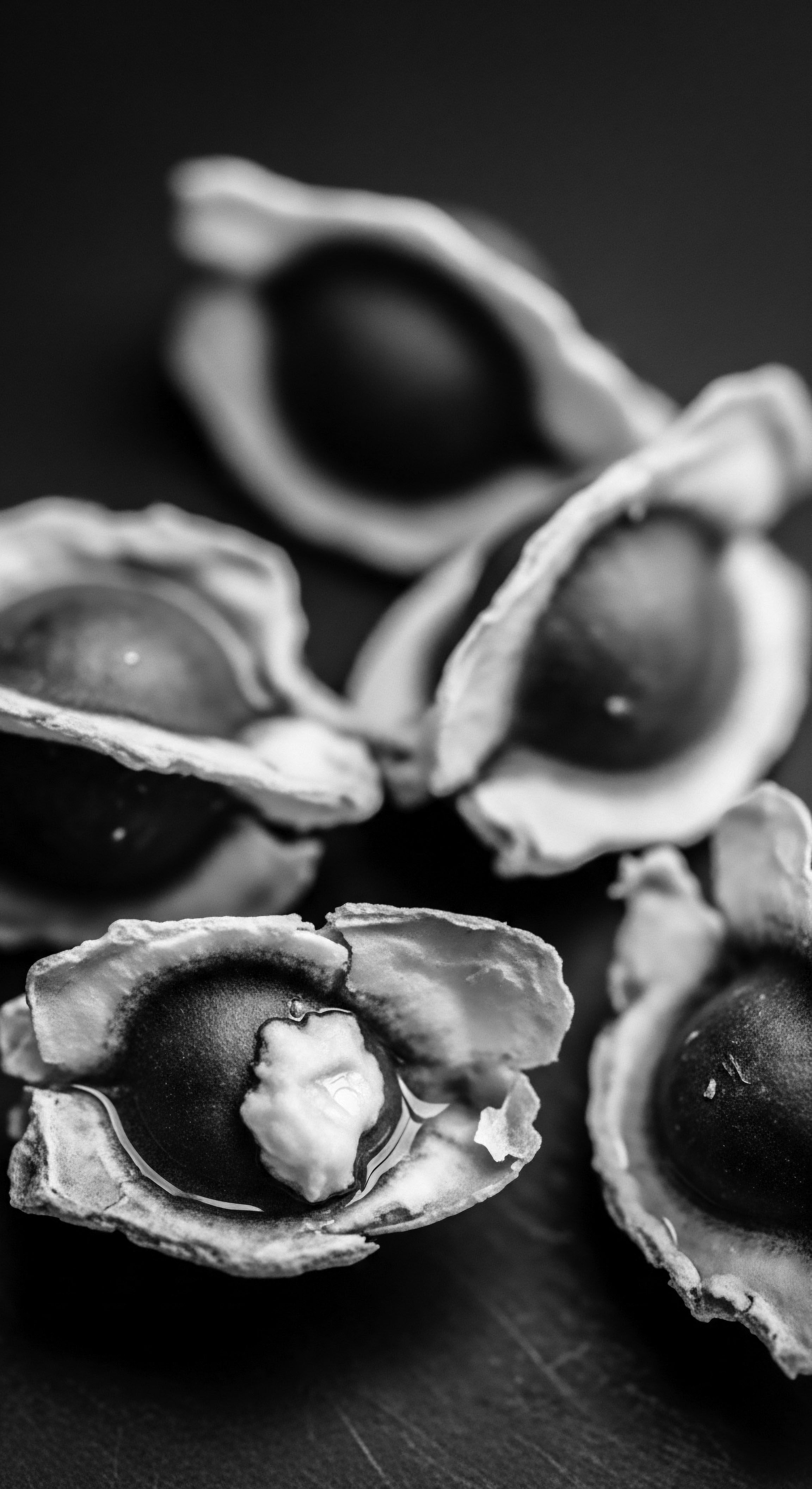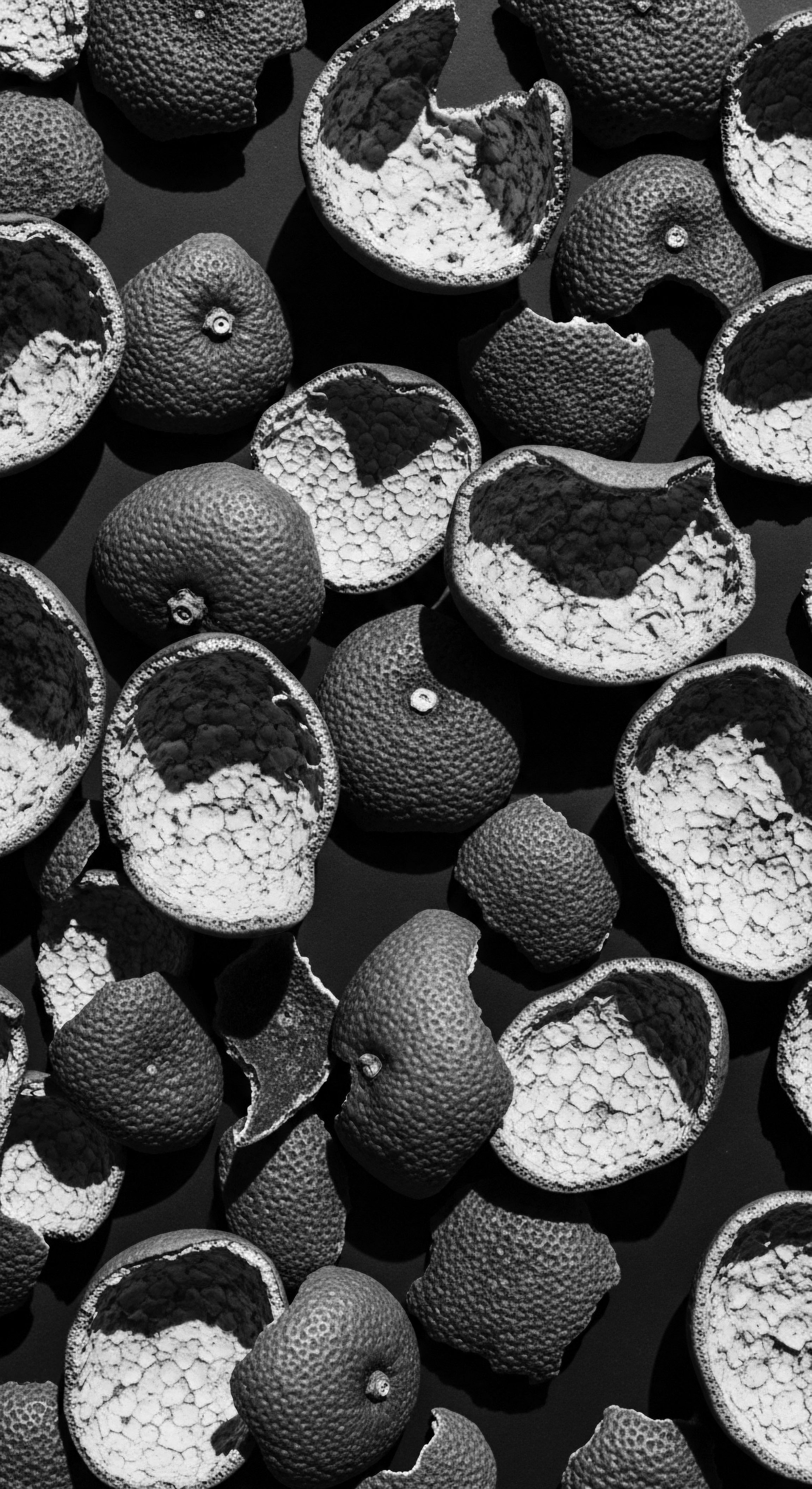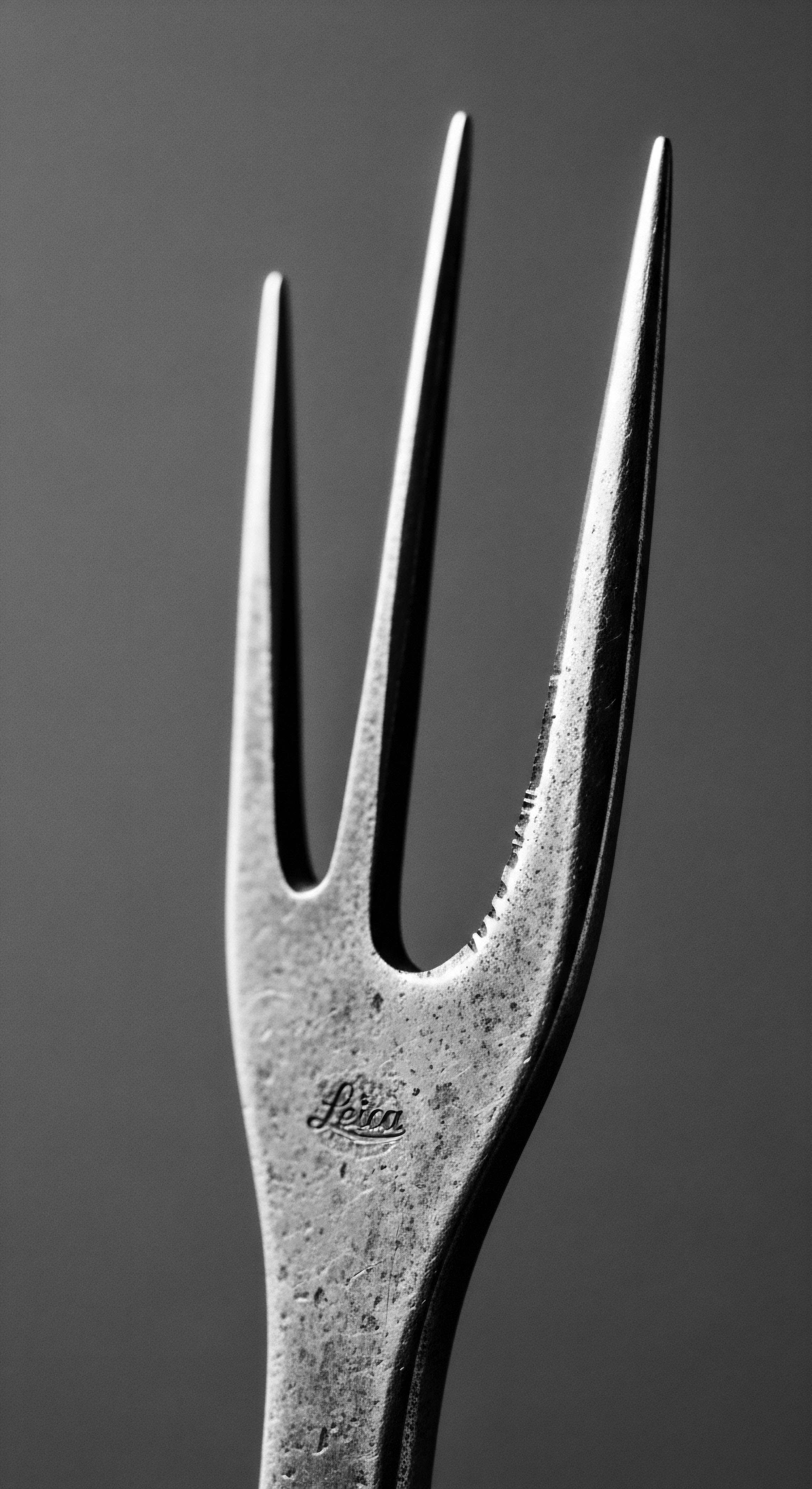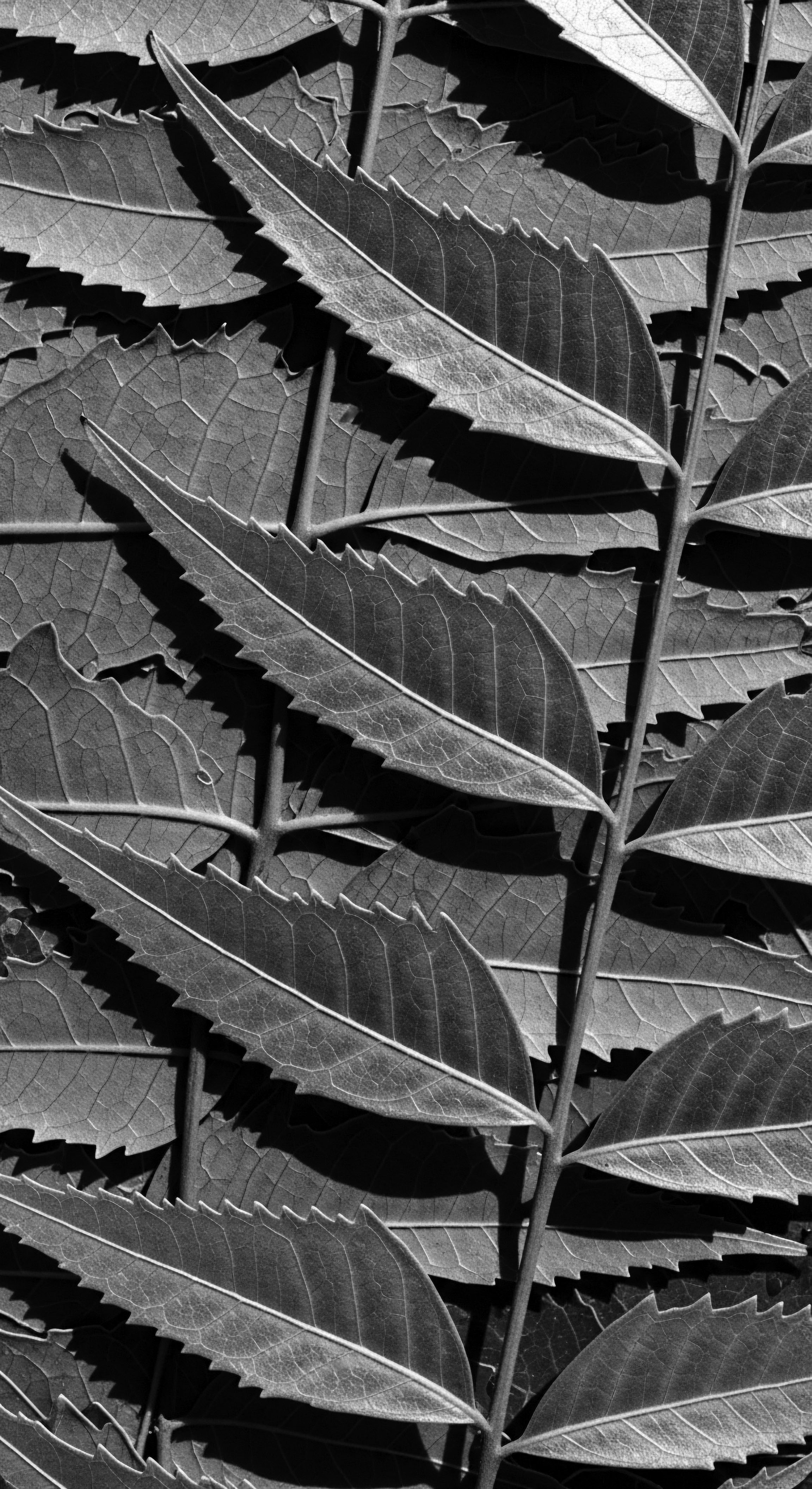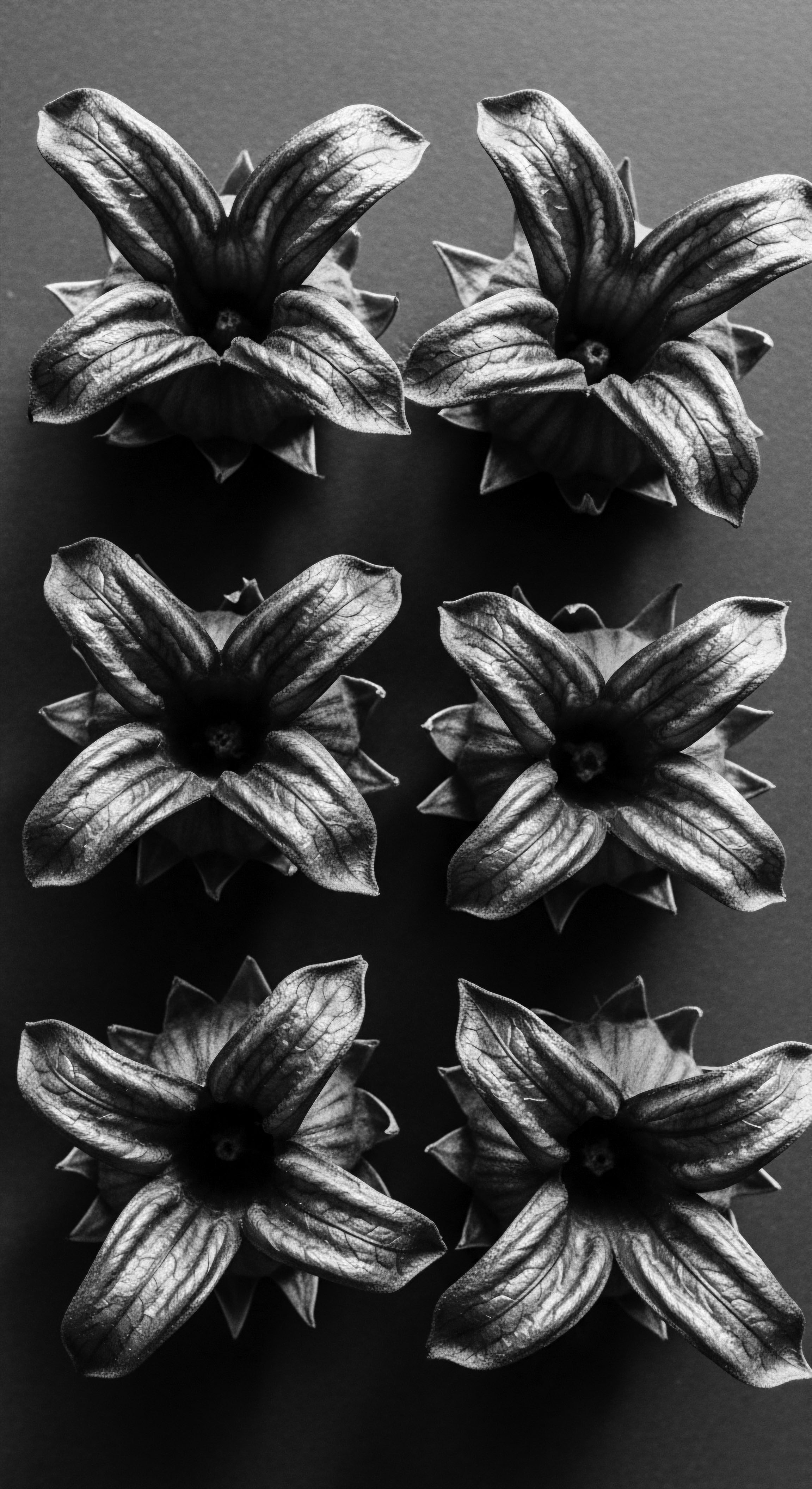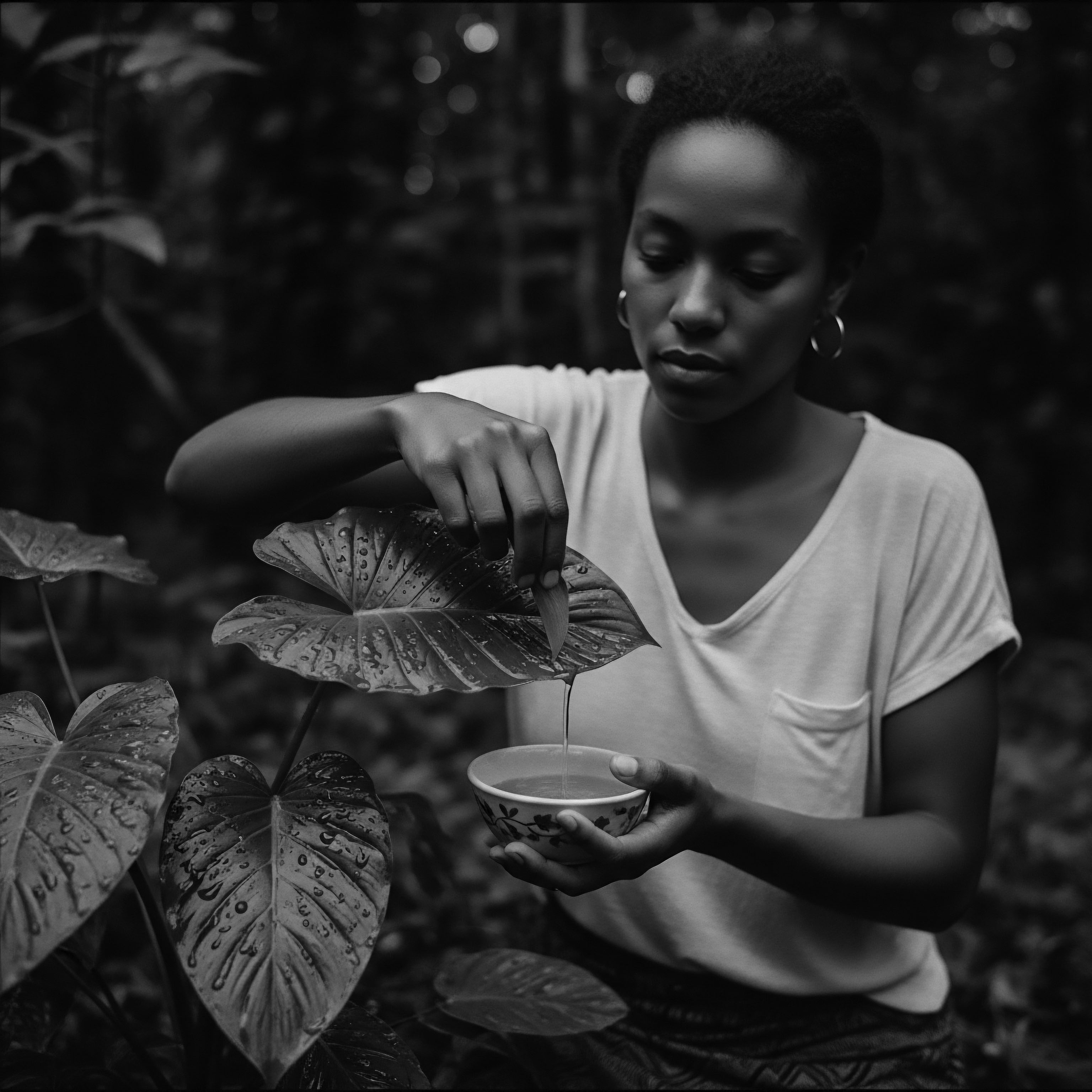
Roots
Consider, for a moment, the intimate dance between touch and legacy. For those with textured hair, this ritual of care extends far beyond mere cosmetic application; it forms a profound dialogue with ancestral wisdom, a living testament to journeys undertaken and resilience embodied. The quest to understand how a simple botanical offering, like castor oil, tends to the dryness of our scalp is not merely a scientific inquiry; it is an invitation into a timeless inheritance, a call to listen to the whispers of ancient practices that still inform our present.
Our hair, with its wondrous coils and distinctive patterns, holds stories passed down through generations. Its propensity for dryness, a common thread in the experiences of many Black and mixed-race individuals, is deeply entwined with its unique anatomical structure. The very architecture of a textured strand, with its elliptical shape and often elevated cuticle, presents a different pathway for moisture. This design, while affording remarkable strength and versatility, also renders it more susceptible to dehydration, particularly at the scalp, where natural sebum may struggle to travel down the spiraling shaft.
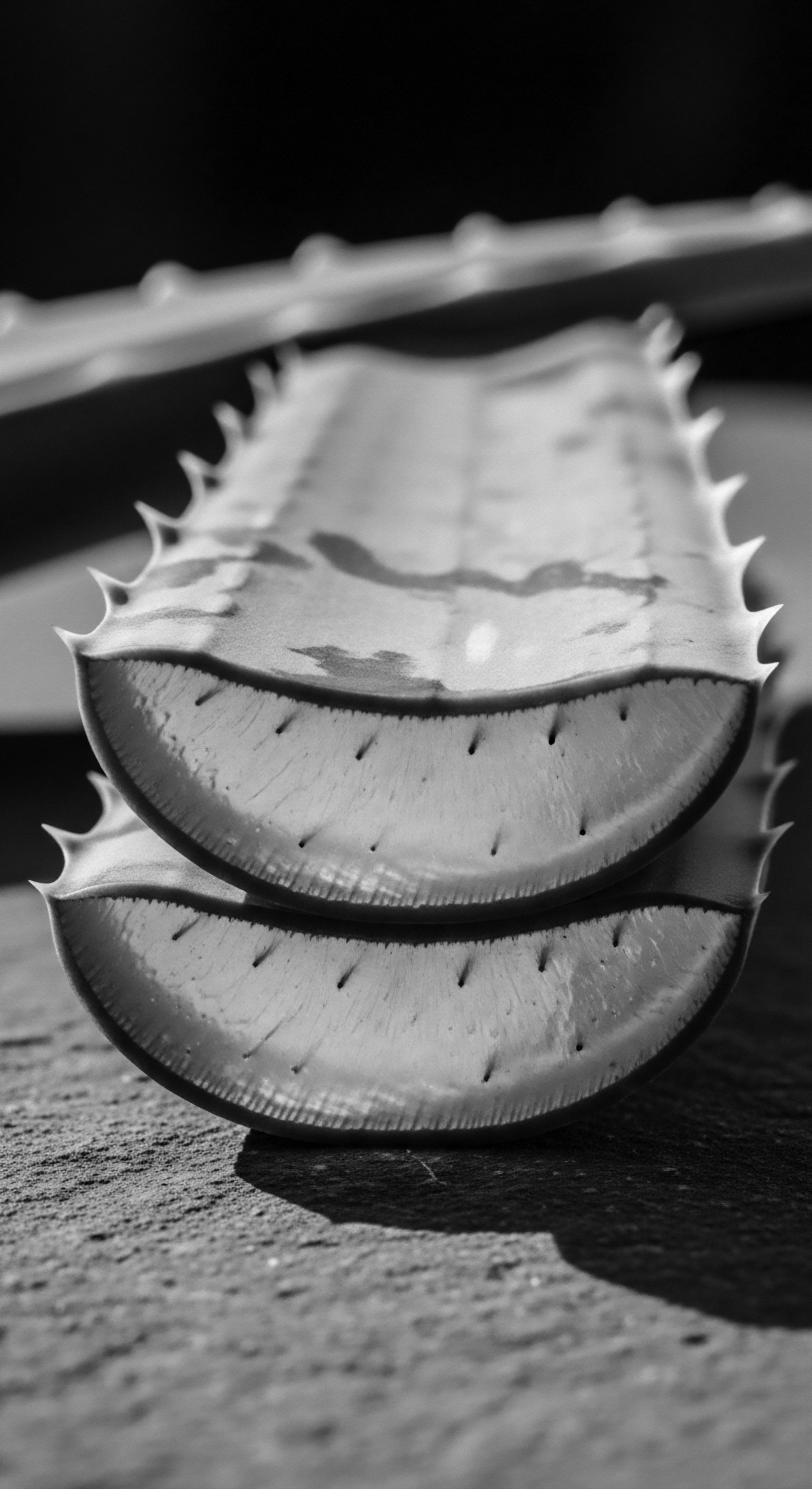
Ancestral Understanding of Hair’s Inner World
For millennia, before the advent of modern microscopy, our forebears possessed a profound, intuitive understanding of hair’s needs. Their knowledge, gathered through observation, experimentation, and a deep reverence for the natural world, recognized the intrinsic thirst of textured coils. They understood that healthy hair began with a healthy scalp, perceiving the scalp not as separate from the strand, but as the fertile ground from which life springs. This holistic view, so characteristic of traditional healing systems across Africa and the diaspora, saw the body as an interconnected whole, where the well-being of one part influenced the whole.
The wisdom of generations past saw the scalp as fertile ground for hair’s strength and vitality, understanding its need for deep sustenance.
This ancient wisdom laid the foundation for care practices that sought to replenish and protect. From the sun-drenched savannas to the humid Caribbean islands, indigenous plants were meticulously chosen for their ability to offer comfort and vitality. The castor bean, Ricinus communis, native to the Ethiopian region of tropical East Africa, stands as a prominent example. Its presence in ancient Egyptian tombs dating back to 4000 B.C.
speaks to a heritage of use stretching back over six millennia. This plant was not just a resource; it was a companion in the journey of maintaining robust hair, an ally against environmental harshness.
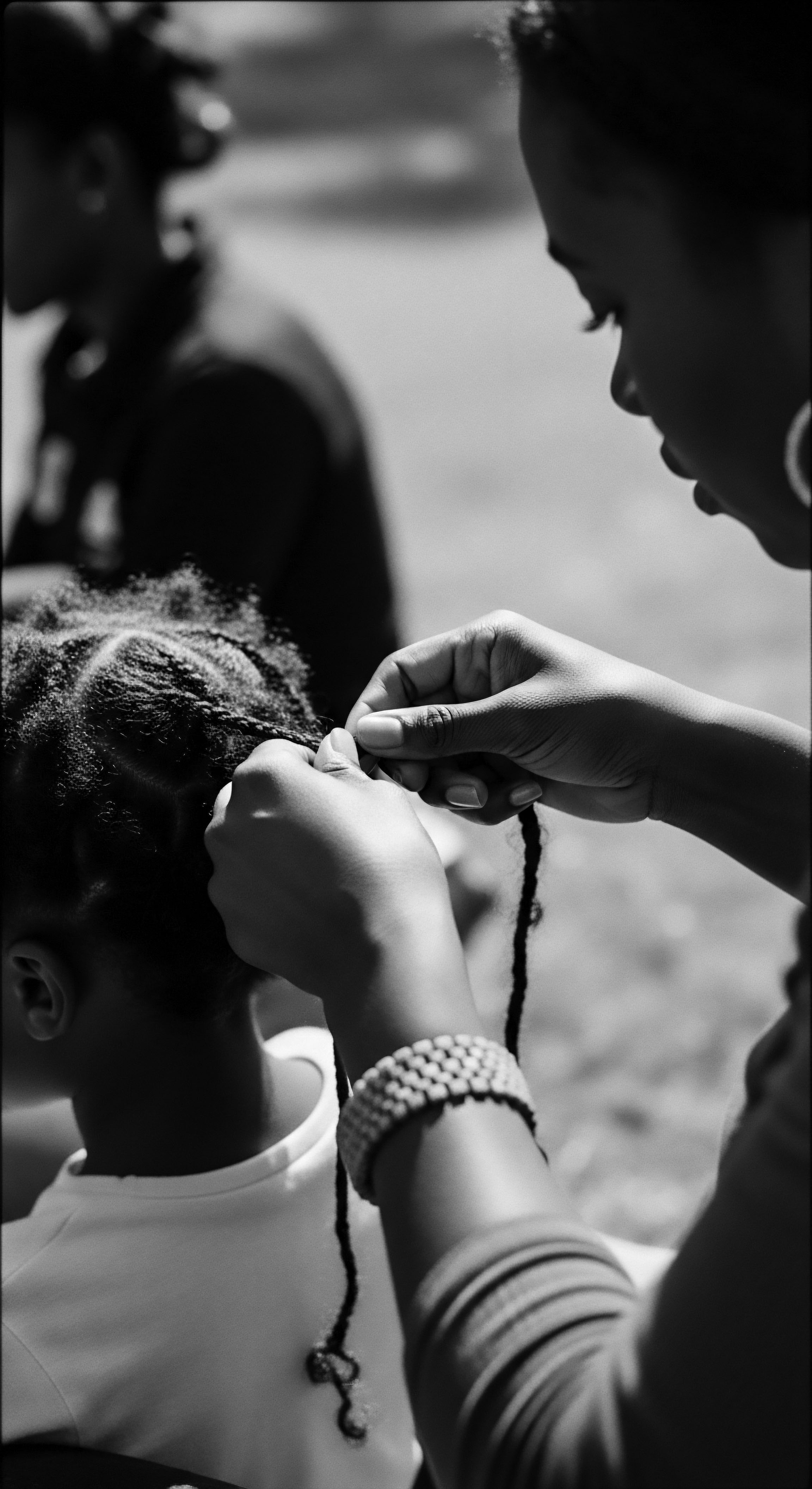
The Sacred Glossary of Hair Well-Being
To grasp the relationship between castor oil and scalp dryness, we benefit from a lexicon that acknowledges both the biological and the cultural. Terms like ‘humectant’ and ‘occlusive’ describe oil’s scientific properties, yet they only begin to whisper of the rich, multi-layered significance these substances held in ancestral practices.
- Humectant ❉ A substance that attracts and holds moisture from the air, a property that certain oils, including castor oil, possess.
- Occlusive ❉ A substance that creates a protective barrier on the skin or hair, reducing moisture loss.
- Sebum ❉ The natural oil produced by glands in the scalp, vital for hair and scalp health.
Our ancestors, without these scientific labels, understood the palpable effect: a calmed, less itchy scalp, hair that felt softer, less brittle. They recognized the oil’s ability to create a shield, guarding against the arid winds or the sun’s intense glare. This applied knowledge, passed through oral traditions and hands-on teaching, formed a sophisticated, albeit unwritten, codex of hair care.
The unique chemical makeup of castor oil, with ricinoleic acid comprising a significant portion of its composition, allows it to function in this dual capacity: drawing moisture to the scalp and hair, and then sealing it in. This characteristic is particularly beneficial for textured hair, which, due to its structure, tends to lose moisture more readily than straighter hair types. Understanding this fundamental interplay of anatomy, environment, and botanical properties forms the first arc in our story, connecting the contemporary search for relief from dryness to a deep, abiding heritage of solutions.
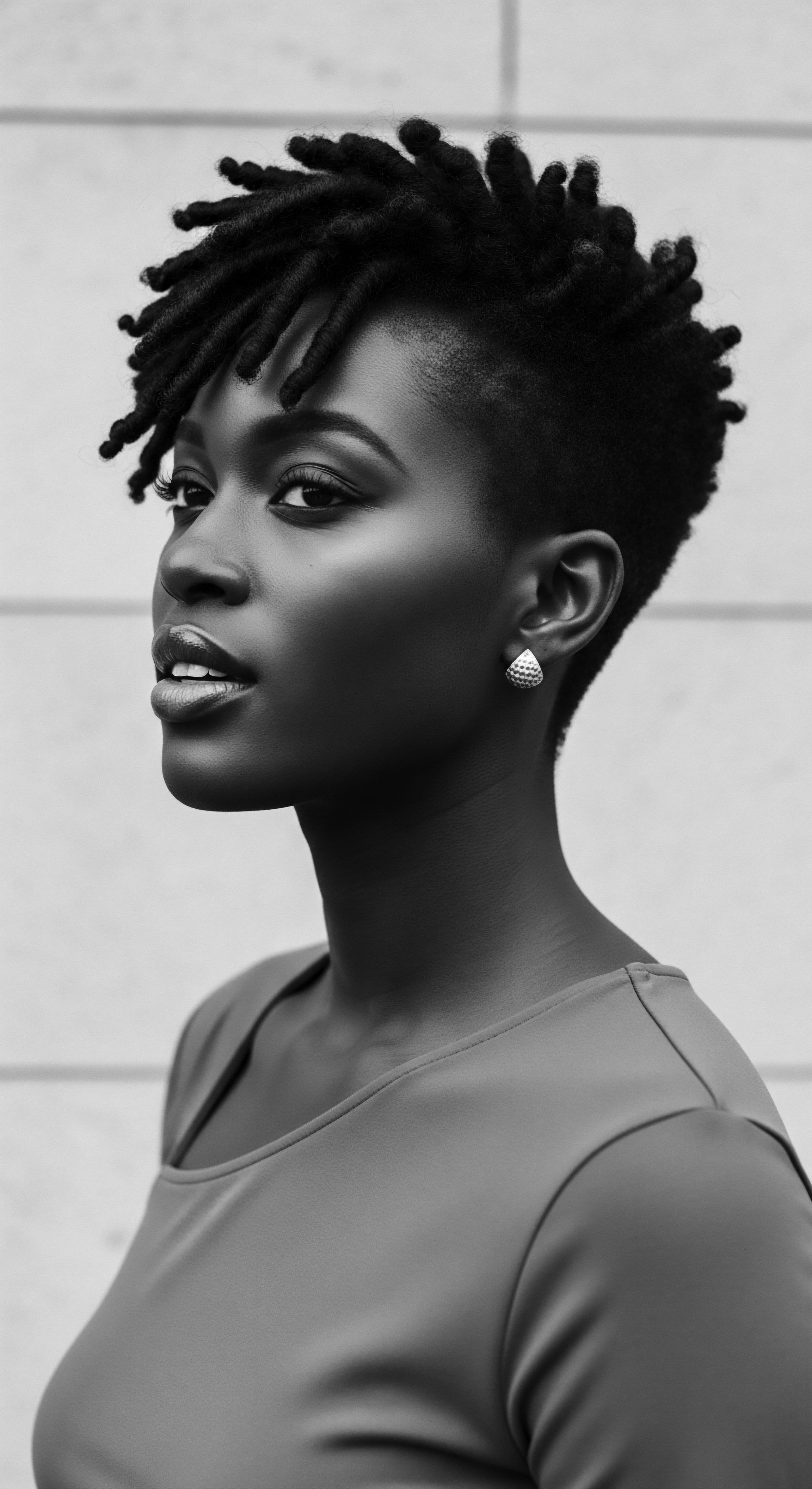
Ritual
The transition from understanding hair’s elemental biology to the living, breathing practices of its care reveals a profound continuity. Our ancestors did not merely use oils; they integrated them into deliberate, often ceremonial, rituals. These practices, honed over centuries, transcended simple hygiene; they were acts of communion, self-expression, and community building, each motion steeped in ancestral wisdom. How then, does castor oil, in its application, fit into these deep-seated traditions, particularly as a remedy for scalp dryness?
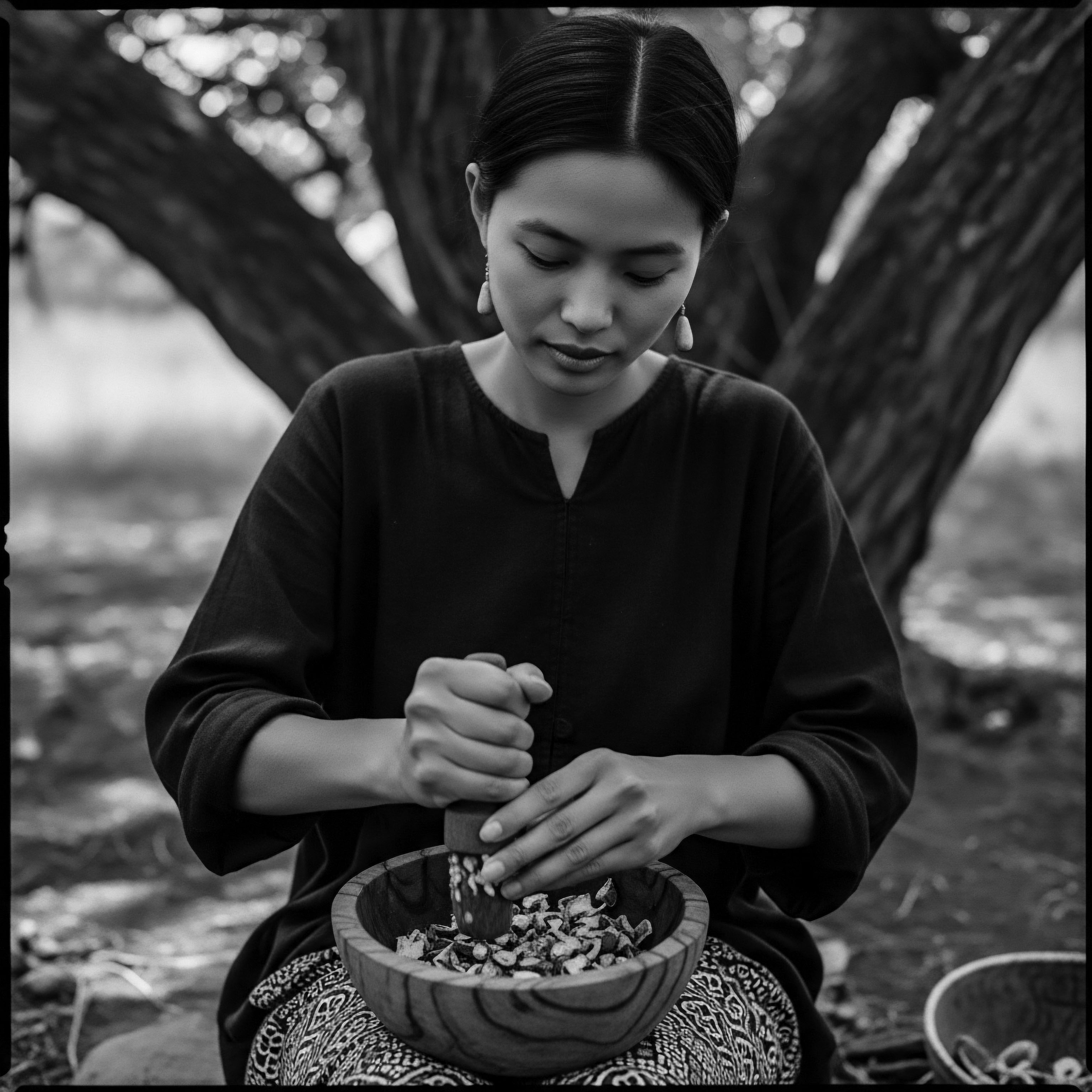
The Language of Touch and Oiling
Across Africa and throughout the diaspora, hair oiling emerged as a cornerstone of hair wellness. This practice was not a hurried affair, but a deliberate act of tending. Women, often the primary custodians of hair care within their communities, would apply oils with careful, rhythmic strokes, sometimes over hours, transforming a utilitarian act into a moment of shared bond or quiet introspection. The tangible benefits, like relief from dryness, were inextricable from the feeling of being cared for, of connection to a heritage of beauty and strength.
Castor oil, with its distinctive viscosity, was a favored choice in many regions. Its thick consistency and rich nature made it particularly suitable for creating a lasting barrier on the scalp. This barrier was crucial in environments where consistent moisture was a challenge. For instance, in West Africa, the use of various oils for hair care, including those from indigenous trees, was a common practice.
A study on traditional knowledge of native trees in Burkina Faso, for example, highlighted that oils were used for various purposes, with 14% of citations specifically for hair care. While the study did not specifically focus on castor oil, it underscores the widespread historical reliance on botanical oils for hair sustenance across the continent.
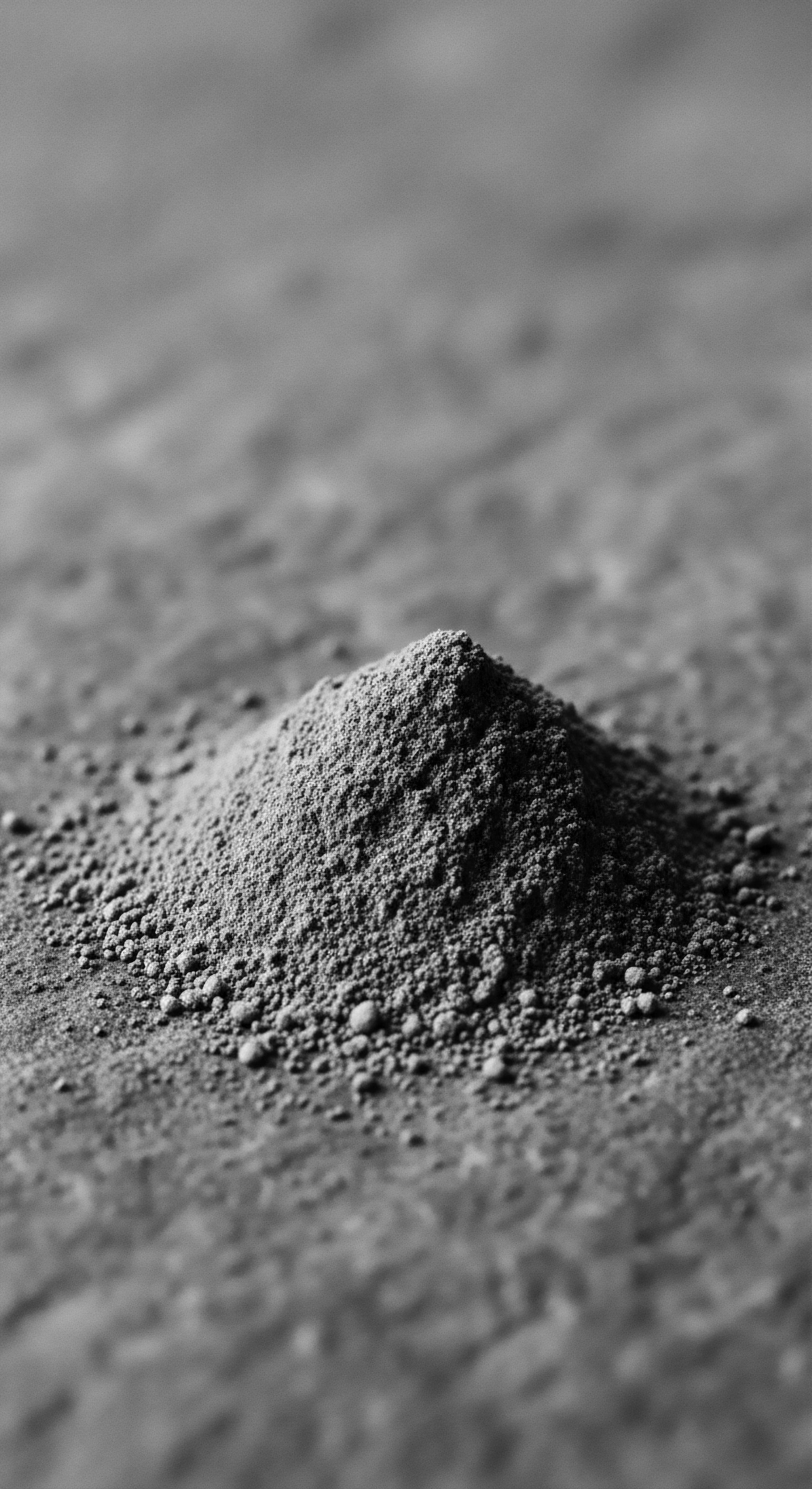
Historical Applications for Scalp Well-Being
The application of castor oil to the scalp for various ailments, including dryness and irritation, is well-documented in historical and ethnobotanical records. In ancient Egypt, the oil was a part of cosmetic preparations, medicines, and even lamp oil. Its properties for soothing and alleviating tender and irritated scalp conditions were recognized early on.
Consider the practices that journeyed across the Middle Passage. Enslaved Africans, stripped of so much, clung to aspects of their cultural identity, including hair care traditions. Castor bean seeds were brought to the Americas as early as 1687, cultivated and used for medicinal purposes, and significantly, for hair and body care.
Jamaican Black Castor Oil (JBCO), a potent derivative, holds a particularly rich history within the Caribbean and African-American communities. Its popularity grew due to its effectiveness in promoting hair growth, strengthening strands, and preventing hair loss and, pertinently, moisturizing the scalp to combat dryness and dandruff.
From ancient Nile valleys to vibrant Caribbean shores, castor oil’s place in hair care is a testament to its enduring role in ancestral beauty practices.
The persistence of these practices speaks to their efficacy and cultural significance. For textured hair, prone to dryness, the oil provided a much-needed layer of protection and comfort. Its humectant qualities meant it could draw moisture to the scalp, while its heavier texture helped to seal that moisture in, preventing its rapid escape into the atmosphere. This dual action was, and remains, particularly beneficial for maintaining a balanced scalp microbiome and preventing the flakiness and itching often associated with dryness.
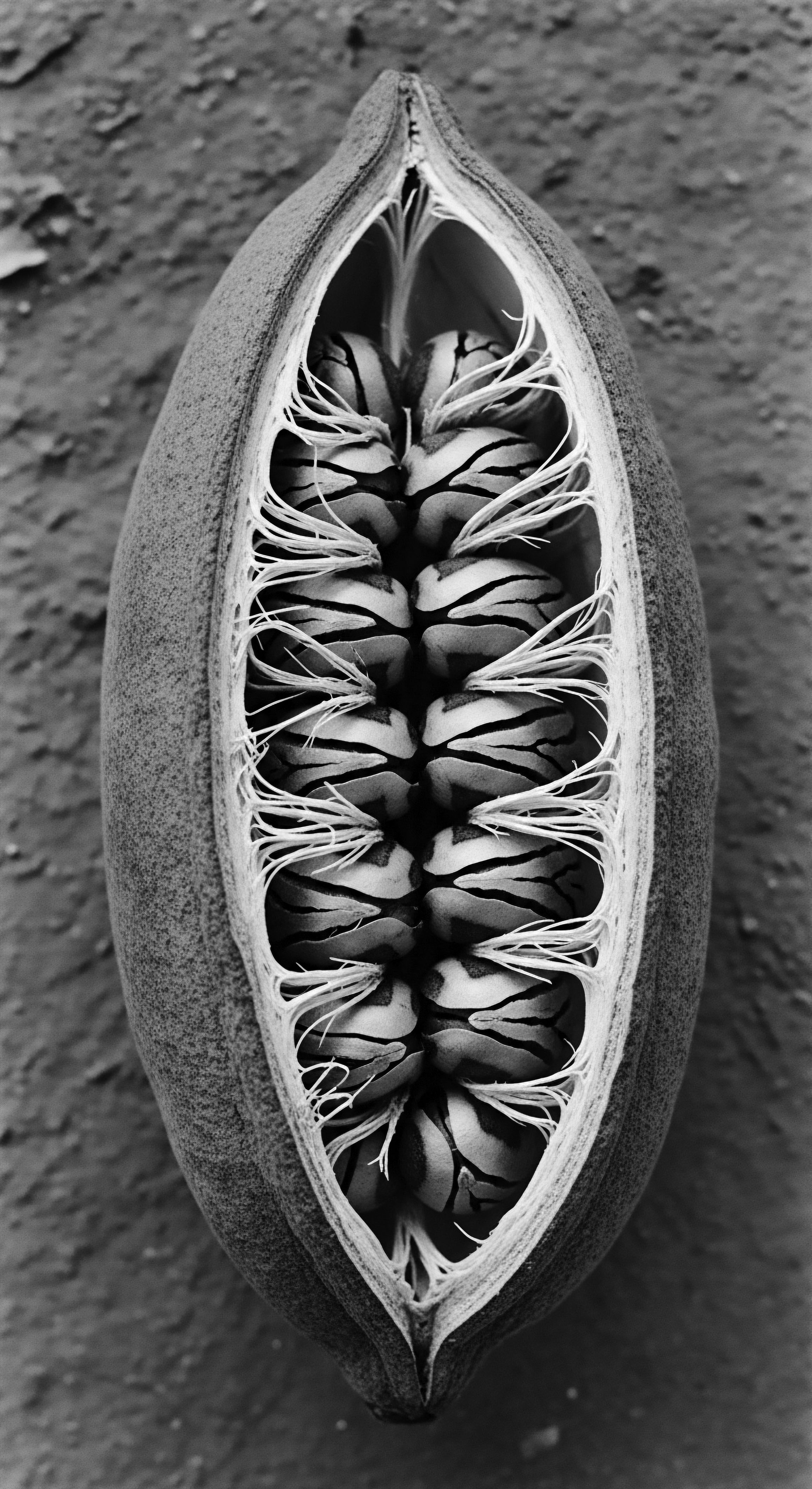
How Does Castor Oil Prevent Scalp Dryness for Textured Hair?
The unique chemical composition of castor oil, notably its high concentration of ricinoleic acid (85% to 95% of its composition), plays a pivotal role in its ability to address scalp dryness. Ricinoleic acid, a fatty acid, offers several benefits for scalp and hair:
- Moisturizing Power ❉ Ricinoleic acid exhibits deep moisturizing abilities, helping to prevent scalp dryness and the onset of dandruff. It acts as a humectant, drawing moisture from the air to the scalp, thus replenishing hydration levels.
- Barrier Protection ❉ The oil forms a protective layer on the scalp surface. This occlusive quality acts as a shield against environmental aggressors like dry air or wind, and crucially, slows down transepidermal water loss from the scalp.
- Soothing Comfort ❉ For scalps already experiencing irritation or discomfort due to dryness, castor oil possesses analgesic properties that can help soothe and alleviate tenderness. This provides relief, allowing the scalp to regain balance.
Beyond ricinoleic acid, castor oil contains essential nutrients, vitamins, and minerals that nourish hair follicles and promote a healthy scalp. This comprehensive action makes it a valuable aid in maintaining scalp health, particularly for hair types that require extra moisture.
The consistent application of castor oil, often as part of a deep oiling ritual, helped to combat the persistent dryness that textured hair often faces. It was not a superficial conditioning; it was a deeply restorative practice, nourishing the scalp from which the hair springs, connecting the outward beauty to an inner state of balance and care. The continuity of this practice, from ancient scrolls to contemporary formulations, speaks to a wisdom that transcends time.
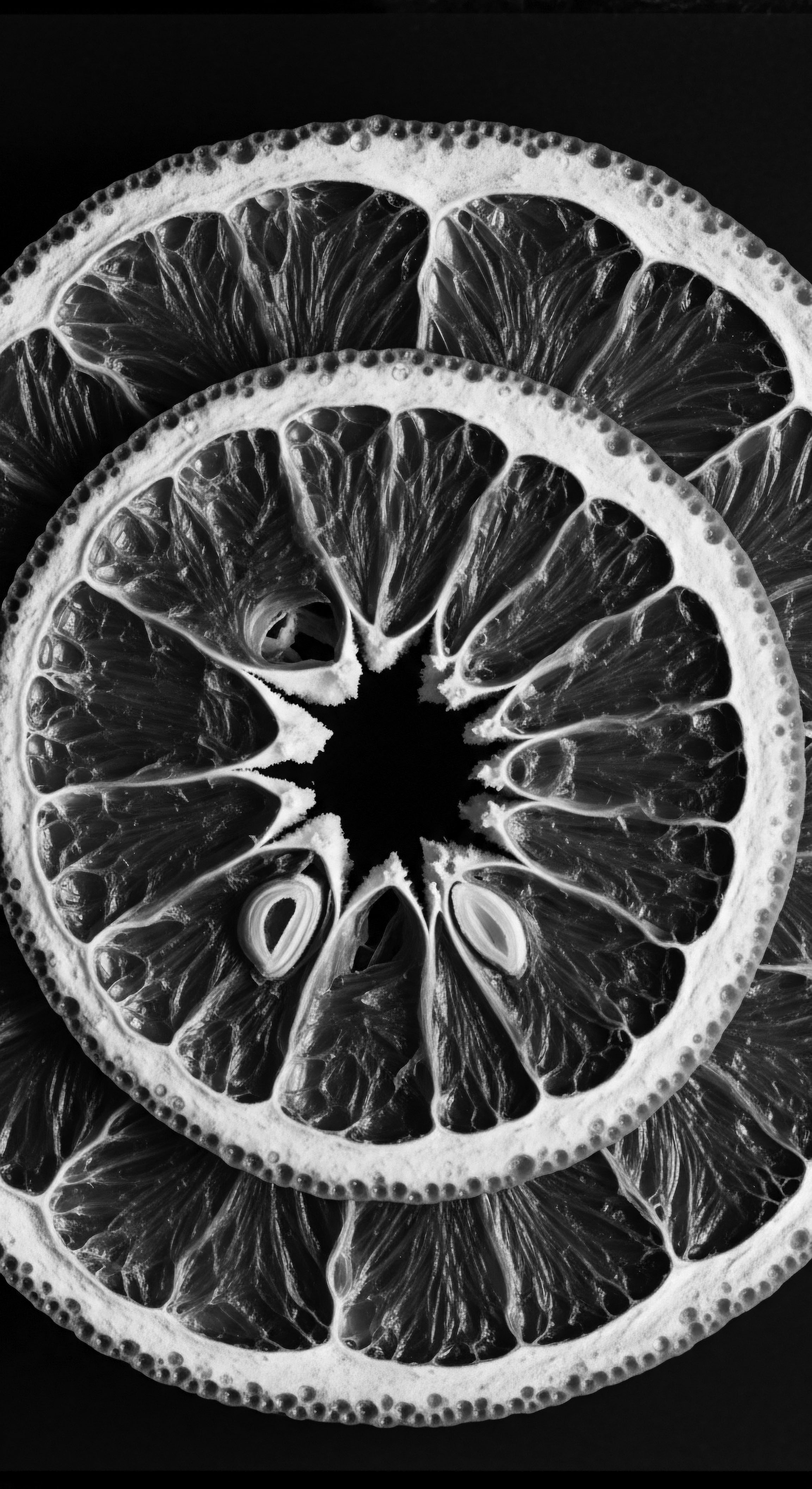
Relay
The deep understanding of castor oil’s efficacy in preventing scalp dryness for textured hair extends beyond its immediate physical benefits. It represents a living continuum of knowledge, a relay race of wisdom passed from ancient hands to modern practitioners, consistently rooted in the unique heritage of Black and mixed-race communities. This ongoing transmission of practice and insight forms the bedrock of our appreciation for this humble yet powerful oil.
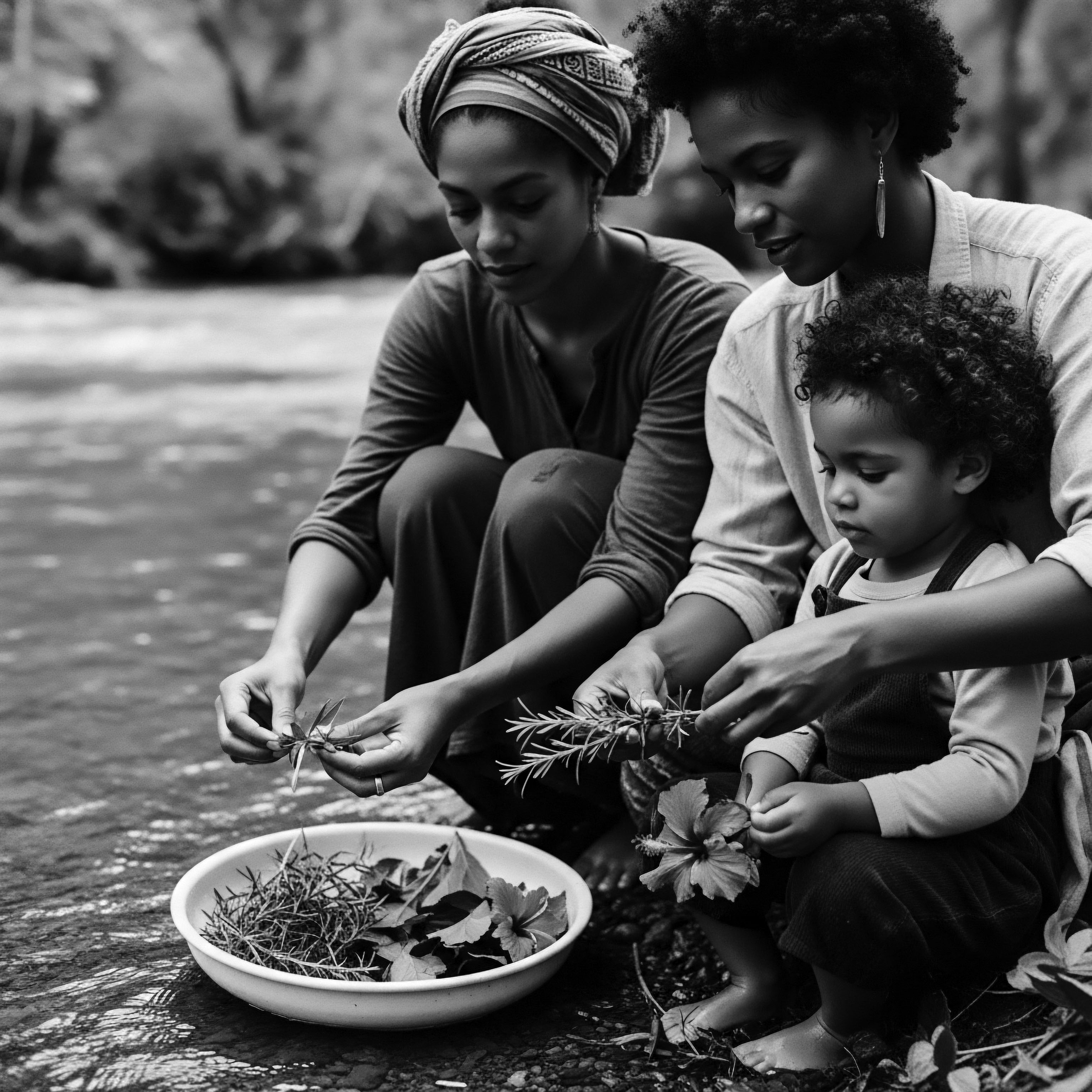
Validating Ancestral Efficacy through Modern Science
For generations, the effectiveness of castor oil was acknowledged through lived experience and anecdotal evidence. Today, scientific inquiry begins to echo and validate these ancestral observations. Ricinoleic acid, the primary fatty acid in castor oil, has been the subject of research exploring its properties.
This acid is credited with enhancing blood circulation to the scalp, which in turn can support the health of hair follicles and contribute to a more nourished scalp environment. A healthy scalp, adequately supplied with blood and nutrients, is less prone to dryness and irritation.
Furthermore, the presence of various vitamins and minerals within castor oil provides antioxidant protection for the scalp, helping to maintain its health and foster optimal conditions for hair growth. This aligns with the traditional understanding of the oil as a restorative tonic for both scalp and hair. Modern formulations now often incorporate castor oil, particularly its Jamaican Black variant, into products specifically designed for textured hair, acknowledging its historical effectiveness and scientifically validated properties.
Contemporary scientific understanding consistently affirms the age-old wisdom regarding castor oil’s moisturizing and nourishing properties for textured hair.
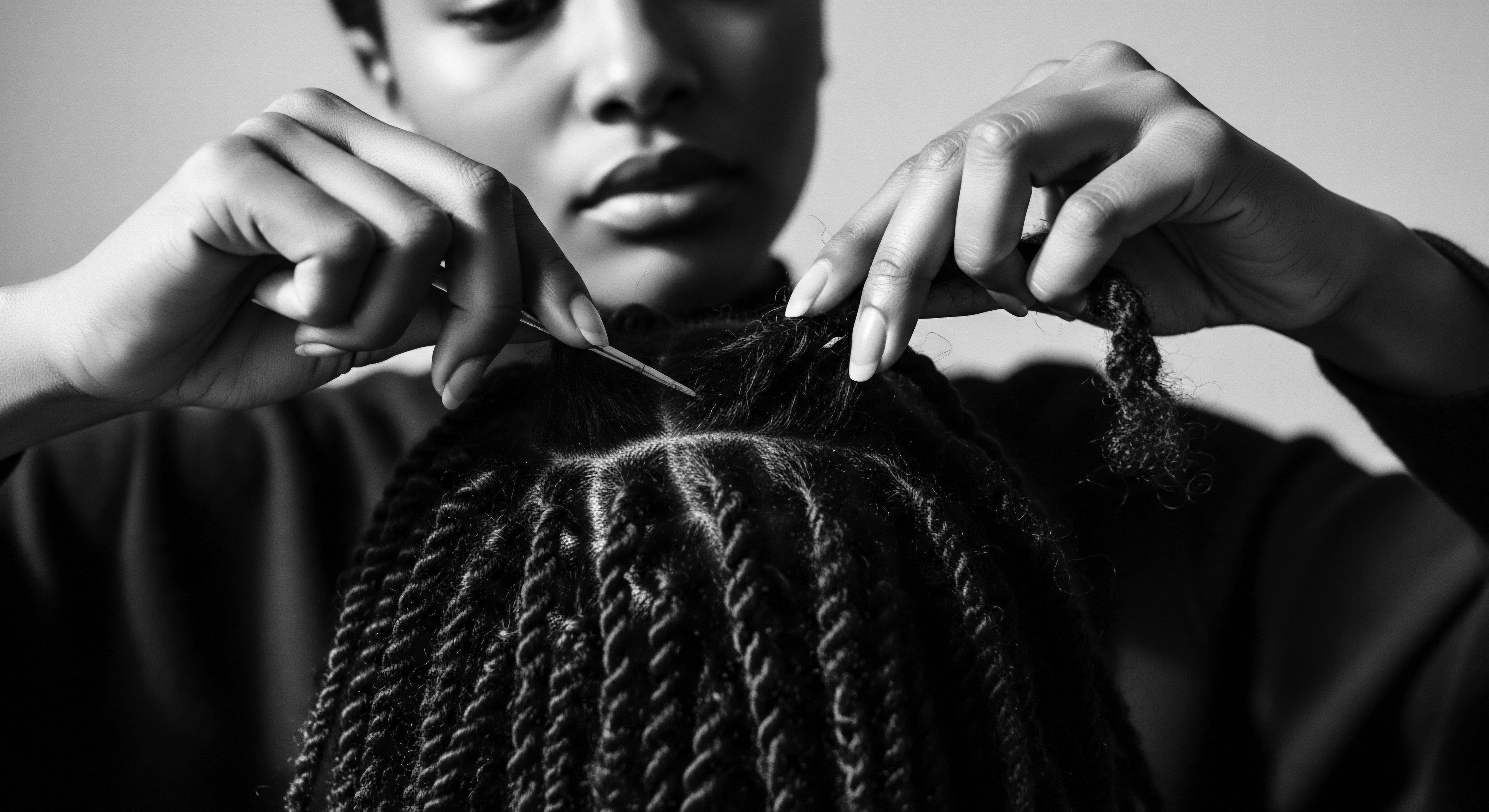
What Is the Quantitative Evidence Supporting Castor Oil for Textured Hair Scalp Health?
While specific large-scale clinical trials on castor oil for textured hair dryness remain an area for expanded research, ethnobotanical studies offer compelling quantitative insight into its traditional and current usage. A recent survey involving 100 participants with afro-textured hair identified Ricinus communis (castor oil) as the most cited plant (22%) for promoting hair growth. This statistic, drawn from a direct assessment of individuals’ hair care practices, speaks volumes about the oil’s real-world application and perceived benefits within the community it serves. While the survey focused on hair growth, the underlying assumption within traditional care is that healthy growth stems from a healthy, well-moisturized scalp, a condition castor oil is known to support.
Such findings underscore that the wisdom held in community practices is not merely folklore; it often reflects deeply observed and effective botanical applications. The widespread endorsement of castor oil within textured hair communities, as evidenced by this survey, solidifies its position as a cornerstone of traditional and contemporary scalp care routines. This reliance on plants, often indigenous, for hair and scalp remedies is a consistent thread in ethnobotanical research across different regions. In Nuapadhi village, India, for instance, Ricinus communis oil was traditionally massaged onto the scalp to prevent hair fall, indicating its historical role in holistic scalp care beyond just moisture.
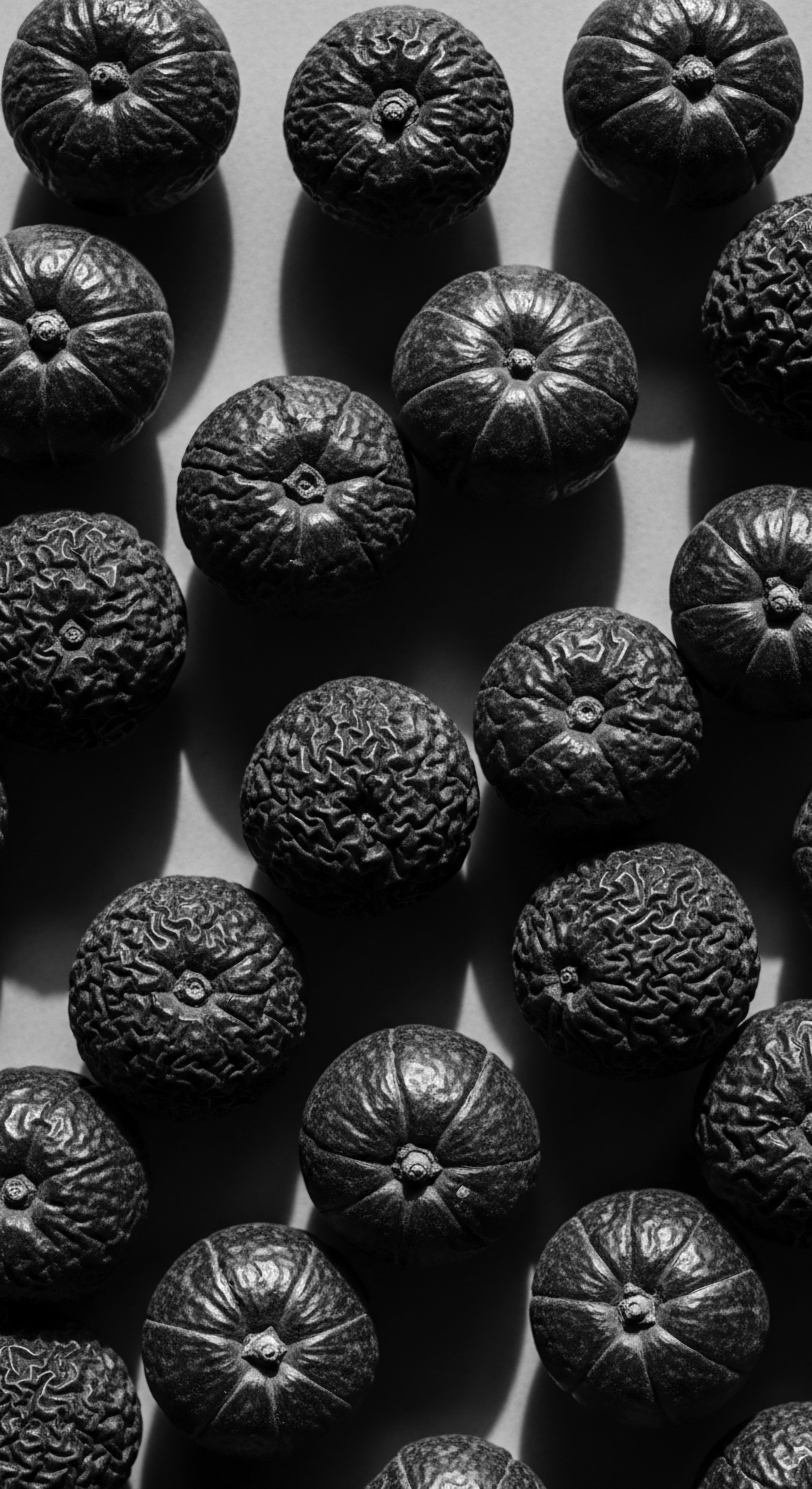
Cultural Continuity and Adaptations
The journey of castor oil from ancient African civilizations to its prominent place in modern textured hair care is a testament to cultural continuity and adaptation. Its use spread globally, influencing Chinese and Ayurvedic medicine, yet its most profound resonance for textured hair lies within the Black and mixed-race diaspora. The forced migration of enslaved Africans brought not only their bodies but also their knowledge systems, including their sophisticated understanding of botanical remedies and hair care. In the Caribbean, particularly in Jamaica, the traditional preparation of Jamaican Black Castor Oil (JBCO) by roasting and boiling the beans resulted in a darker, richer oil with unique properties, further cementing its cultural significance.
This cultural relay means that when one reaches for a bottle of castor oil today to soothe a dry scalp, they are participating in an act that echoes centuries of ingenuity and self-preservation. It is a quiet rebellion against historical attempts to diminish ancestral practices, a celebration of inherited wisdom. The choice to utilize castor oil is a statement of identity, a connection to a lineage that understood hair care as an act of resistance, self-love, and communal strength.
The continued reliance on castor oil for scalp health within textured hair communities highlights its sustained efficacy and its enduring cultural weight. Its ability to lubricate, moisturize, and draw moisture to the scalp makes it a powerful ally against dryness, a persistent challenge for many with coily and curly strands. This tradition of care, preserved and passed on, continues to inform how we nourish our hair, ensuring that the wisdom of the past remains a living force in our present and future.
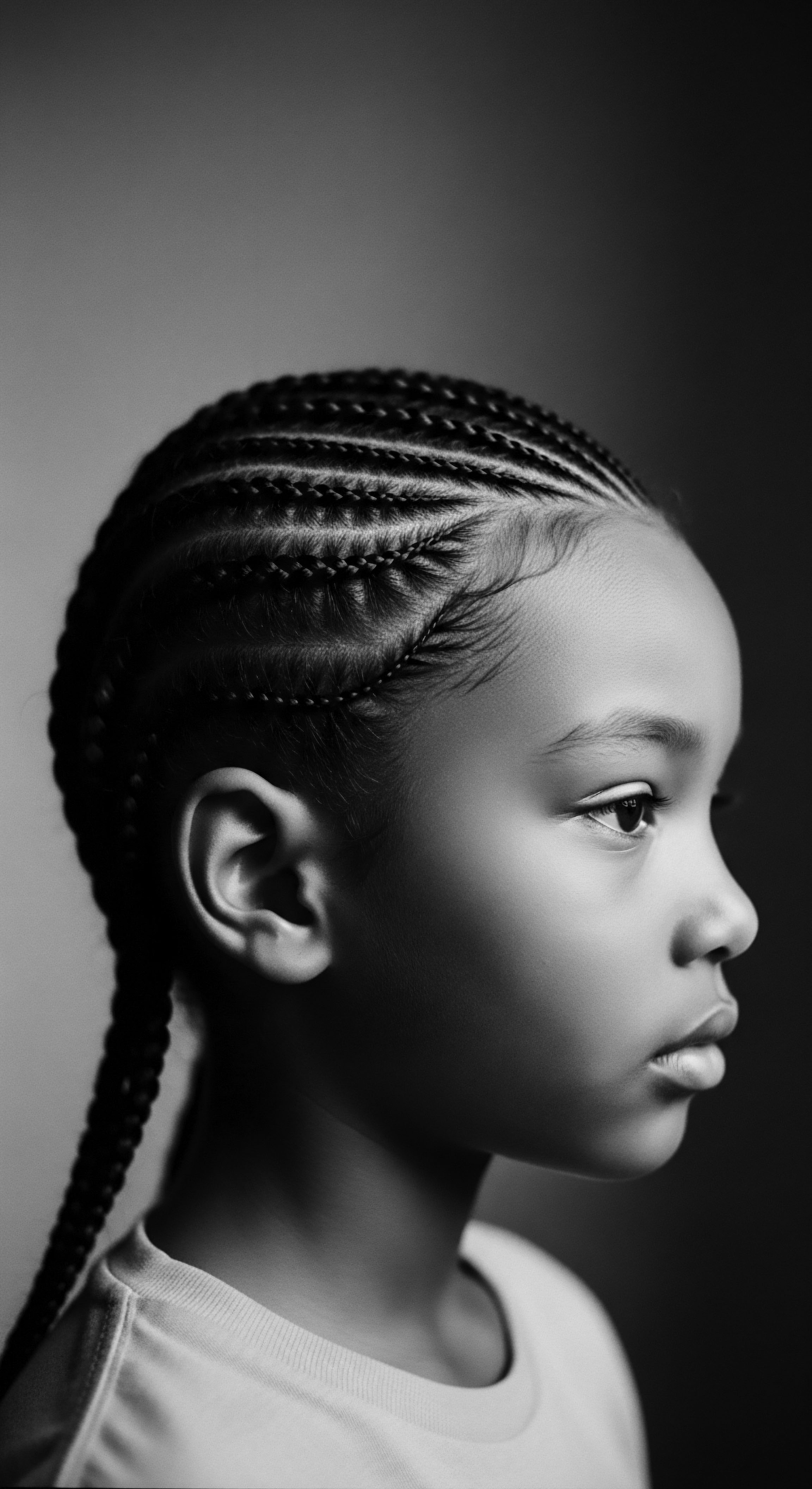
Reflection
To consider castor oil in the context of textured hair is to trace an arc of inheritance, a journey from ancient Ethiopian soil to the myriad ways our hair is tended today. The questions surrounding its ability to prevent scalp dryness for textured hair unravel not into simple scientific answers, but into a tapestry of time, tradition, and enduring human ingenuity. It is clear that the oil’s rich composition offers a palpable balm to thirsty scalps, its properties echoing the very needs of coily and curly strands. This understanding, however, gains its truest depth when viewed through the lens of heritage.
The persistent use of castor oil across generations, particularly within Black and mixed-race communities, speaks to a profound ancestral wisdom. These practices were not random acts but carefully observed and culturally preserved rituals, each application a whisper from the past, a continuous act of self-regard and communal bond. The very act of tending to one’s textured hair with castor oil becomes a link to those who came before, a celebration of resilience and an affirmation of beauty that has long defied narrow, oppressive definitions. Our hair, a magnificent helix of identity, continues to tell these stories, each strand a repository of memory, each moment of care a rekindling of the Soul of a Strand.
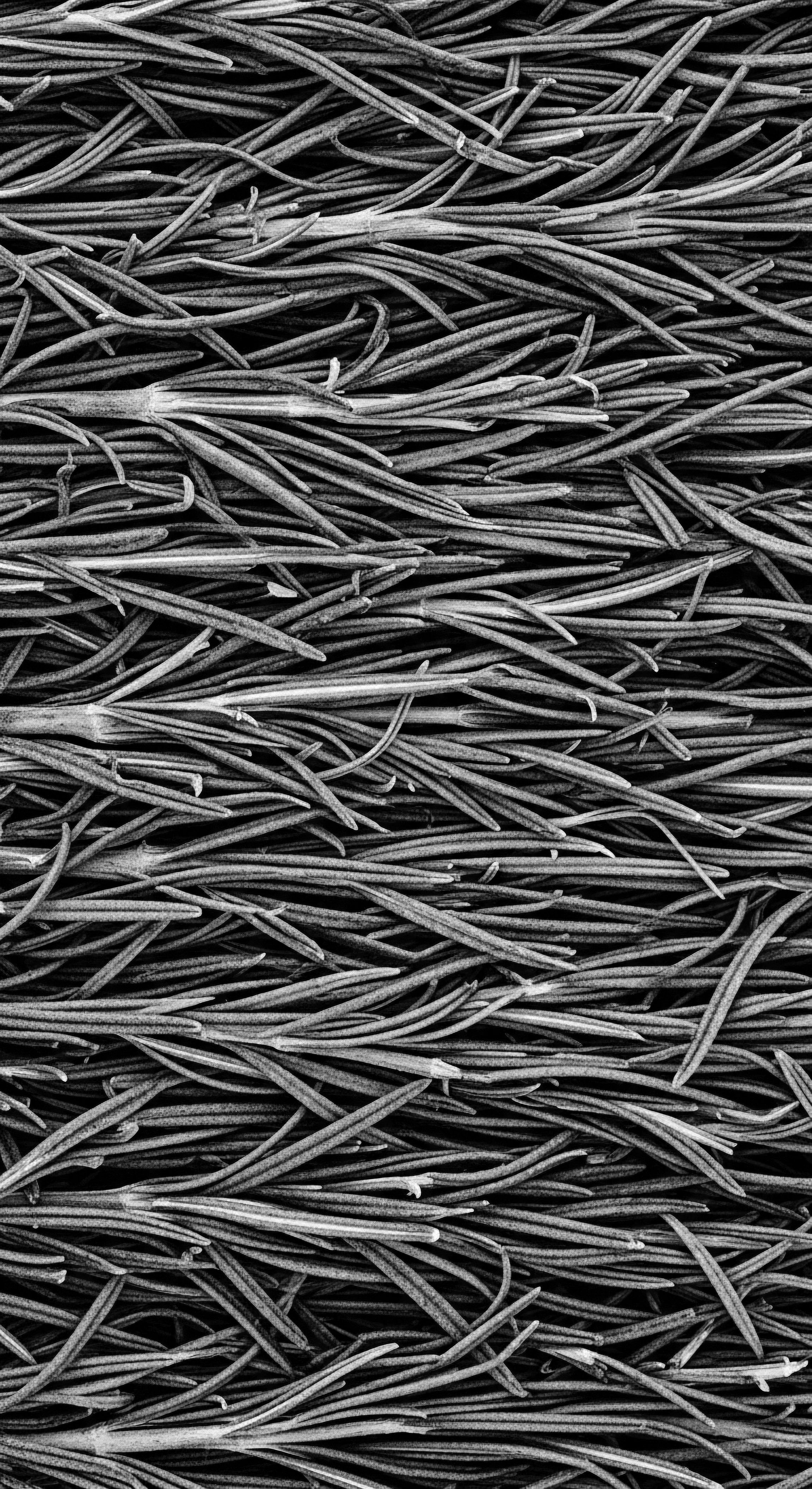
References
- Qhemet Biologics. (2024). The History & Benefits of Castor Oil.
- Suryawanshi, S. Badgujar, S. & Gaikwad, D. (2021). Ethnomedicinal Plants Used for Hair Treatment by Tribals of Dharampur Taluka, Gujarat. World Journal of Pharmacy and Pharmaceutical Sciences, 10 (1), 1228-1237.
- Nchinech, N. Luck, S. A. X. Ajal, E. A. Chergui, A. Achour, S. Elkartouti, A. & Zakariya, I. (2023). Plants Use in the Care and Management of Afro-Textured Hair: A Survey of 100 Participants. Scholars Journal of Applied Medical Sciences, 11 (11), 1984-1988.
- Kuza Products. (2023). How Jamaican Black Castor Oil Transforms Hair Health.
- PushBlack. (2023). Why Jamaican Black Castor Oil Is Rich in Black History.
- Ouédraogo, A. Lykke, A. M. Lankoandé, B. & Korbéogo, G. (2013). Potentials for Promoting Oil Products Identified from Traditional Knowledge of Native Trees in Burkina Faso. Ethnobotany Research and Applications, 11, 071 ❉ 083.
- Ollennu, A. (2022). Here’s why hair oiling is the ancient ritual worth adopting. Etre Vous.

